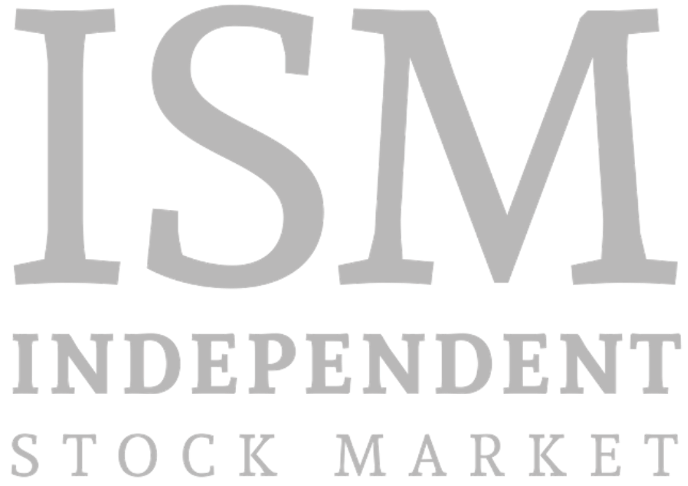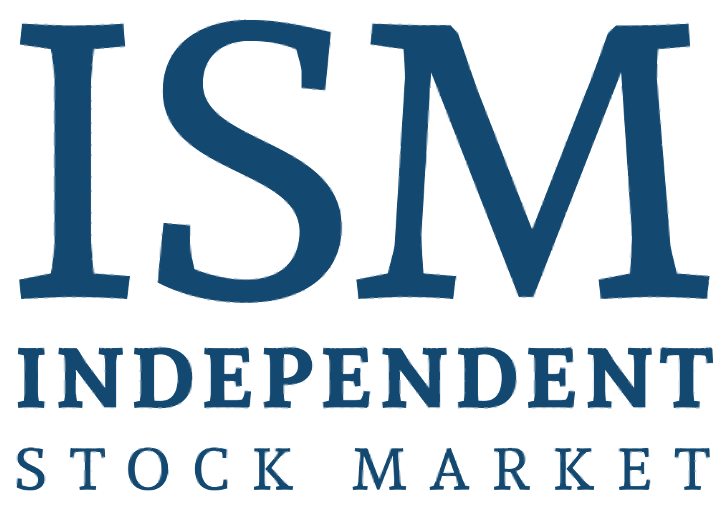We have Liquidity.
WE HAVE LIQUIDITY. It is true, we don’t allow derivatives and their myriad manipulation potentials and therefore we expect not to attract day-traders to our market. Does this mean we won’t have liquidity for our clients? No. Why? Because our posted companies will have access to the investors who invest on the other 14 approved U.S. stock exchanges from our platform.
HISTORY: Occasionally we witness the spectacle of someone sharing a photo or link that the sharer claims will break the internet. Just over fifty years ago, the demand among investors to buy and sell stocks actually broke Wall Street.
For more than a year starting in 1968, a wave of trading in shares surged and swept forward, spurring an avalanche of orders to brokerage firms. In the pileup of paper that ensued, processing those orders slowed and then stalled. The brokerage houses simply could not keep up.
Congress called on the Securities and Exchange Commission to examine the crisis, which legislators (or lobbyists for Wall Street) believed to be precipitated by institutional investors. The SEC came to a different conclusion. As the regulators saw it, the nation needed to tie together all of its exchanges in a central system that would promote competition among securities dealers for order flow and help to ensure the fairest price for all investors.
Congress agreed and in 1975 directed the SEC to facilitate what ultimately became the national market system, which links together the multiple markets that trade securities. Today the national market system connects all major U.S. exchanges. Stocks of thousands of companies trade simultaneously across all those exchanges, alternative trading systems and platforms operated by securities dealers. On December 9, 2020, the SEC made updates to NMS.
For companies deciding where to list their shares for sale to the public, the national market system means at least four things:
- That regardless of where you choose to list your company’s stock, the shares will trade everywhere. In this case, everywhere means across every one of the 14 U.S. exchanges that constitute the national market system. (That expands to roughly 32 venues if you include private trading platforms.)
- That your stock will trade under the same symbol on every U.S. market.
- That the latest price of your shares will display simultaneously and in real time on every exchange in the national market system.
- That orders to buy or sell securities will be filled at the best price. Which means that investors — on both Main Street and Wall Street — can count on being treated fairly.
In short, the national market system creates interoperability among exchanges. Where a company lists has nothing to do with where it continuously trades. We’ve seen an analogy in networking. Thanks to internet protocol, you can email someone from your MacBook without the need to know or care about the operating system that the recipient may be running.
So if your stock will trade everywhere regardless of which U.S. exchange your company lists on, what informs a company’s decision where to list? In my experience, there are several reasons, none of which have anything to do with liquidity.
Alignment with our company’s mission. Companies may value a particular focus of an exchange. For example, we are building the Independent Stock Market without derivatives primarily for companies who are focused on building a profitable business and do not want the distraction of short sales and other potentially stock price manipulation strategies. To allow derivatives means to allow predatory investors the potential of making money if the business fails. This should never be the case. The market was created to invest, hold, and sell stock. Companies will join with ISM when they realize they don’t need the management expertise and millions of cash in reserve to manage short & distort or pump & dump manipulations.
Branding. Companies may perceive value for their brand from listing on a particular exchange. For example, a company that lists with the Independent Stock Market may want to position itself as focused on investing and holding for the long term, and connection to a TV show.
An affiliated entity, America’s Real Deal, is expected to drive investors to ISM posted private and public companies through their competitive business reality television program that introduces retail investors to companies and invites them to review the offering terms and make the investment. Go to AmericasRealDeal.com for more information and to watch episodes.

Copyright © 2023 Independent Stock Market – All Rights Reserved.
